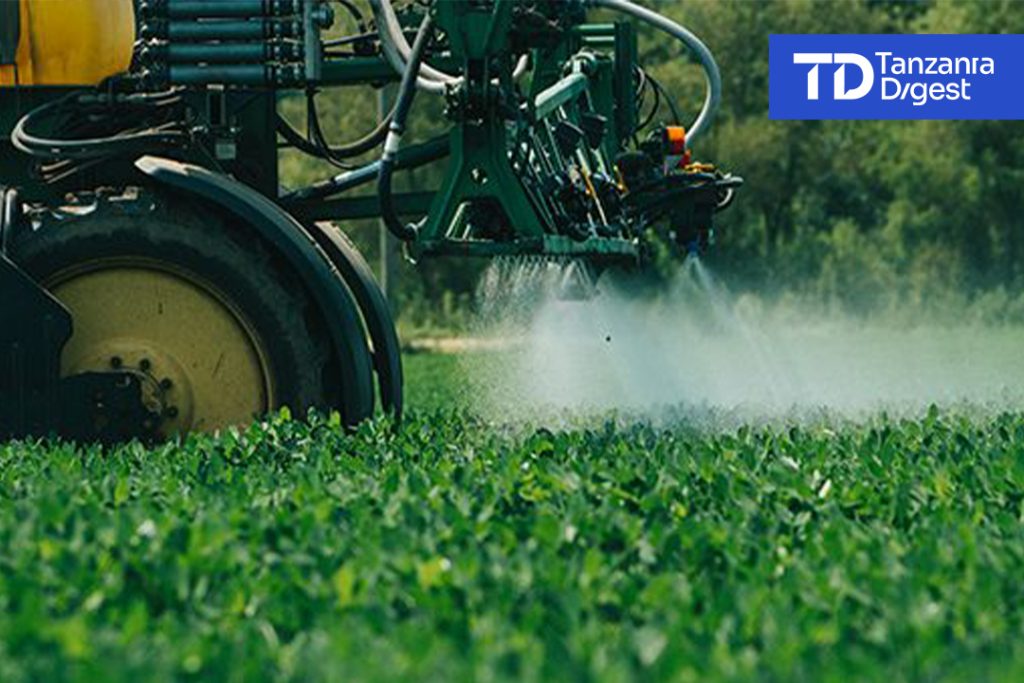Tanzania’s agriculture sector is at a crossroads. From erratic weather and recurring droughts to emerging pests and outdated farming practices, the challenges are clear. But so are the solutions. As an Industry 5.0 and Sustainability Ambassador, I believe the future lies in centring people, preventing waste, and embracing harmony between technology and the human touch.
Recently, I was introduced to a powerful tool called Ducky. The word ducky comes from the English term for something delightful or charming — something that brings joy. In our context, Ducky is more than a name. It’s a digital tool, a companion, and a playful yet powerful way to understand how our daily actions impact the planet. And the philosophy behind it has much to teach us about agriculture and sustainability in Tanzania.
Human Touch: Empowering Farmers and Communities
Industry 5.0 is not about replacing humans with machines. It’s about designing solutions with people in mind.
When I close my eyes and think about Ducky, I see a world where knowledge leads to action. A world where technology doesn’t overwhelm — it empowers. Likewise, in agriculture, we must involve farmers directly in shaping climate-smart, localized practices that make sense in their everyday lives. This ensures solutions are not only effective, but also accessible and culturally relevant.
Innovation should amplify human wisdom — not replace it. Whether through tools like Ducky or sustainable farming methods, the human touch remains essential.
Wasteless World: Smarter Resource Use in Agriculture
Tanzania’s farmers often face resource challenges — from wasted water to ineffective fertilizer use — driven mainly by unpredictable weather and traditional approaches.
But we can change this. With better planning, improved soil management, and water-saving techniques, farmers can grow more with less. Just as Ducky helps users reflect on their carbon impact in daily life, we can empower farmers to reflect on and improve how they use resources.
Efficiency is not just about economics — it’s about respecting every drop of water, every seed, and every effort. That’s what building a wasteless world looks like.
Waste Prevention: Acting Before the Crisis
Prevention is better than cure — in climate action, in sustainability, and in farming.
By monitoring weather patterns, soil health, and crop conditions, farmers can prepare for threats like drought or pests before they become disasters. Ducky does this by helping people recognize how small actions add up. In agriculture, this means encouraging farmers to take small but powerful steps: rotating crops, applying compost, or preparing for rainfall.
Simple, proactive actions can protect entire harvests — and livelihoods.
The Role of Tools Like Ducky: Bridging Tech and Humanity
Whether on the farm or in daily life, tools like Ducky act as gentle mirrors. They show us the impact of our choices — not to shame us, but to guide us.
I see Ducky — and other sustainable tech — as part of a greater movement. A bridge between technology and the human spirit. Together, we are not just reducing waste — we are preventing it. We are not just measuring carbon — we are creating harmony between our actions and our environment.
And most importantly, we are not adding noise to people’s lives — we are bringing clarity.
Building a Harmonious, Resilient Future
We are standing on the construction site of a better world.
Each conversation is a brick.
Each sustainable habit is the cement.
And each tool — like Ducky — is a helping hand.
The future of Tanzanian agriculture and global sustainability lies in a union of human touch, purposeful innovation, and deep care for the land. Industry 5.0 teaches us to prioritise people, eliminate waste, and act with foresight.
Let us build a future where every action counts.
Where every seed is sown with intention, every drop of water is cherished, and every community is empowered.
Together, we are not just dreaming of a sustainable future but building it.
Read more articles by Ussi Abu

